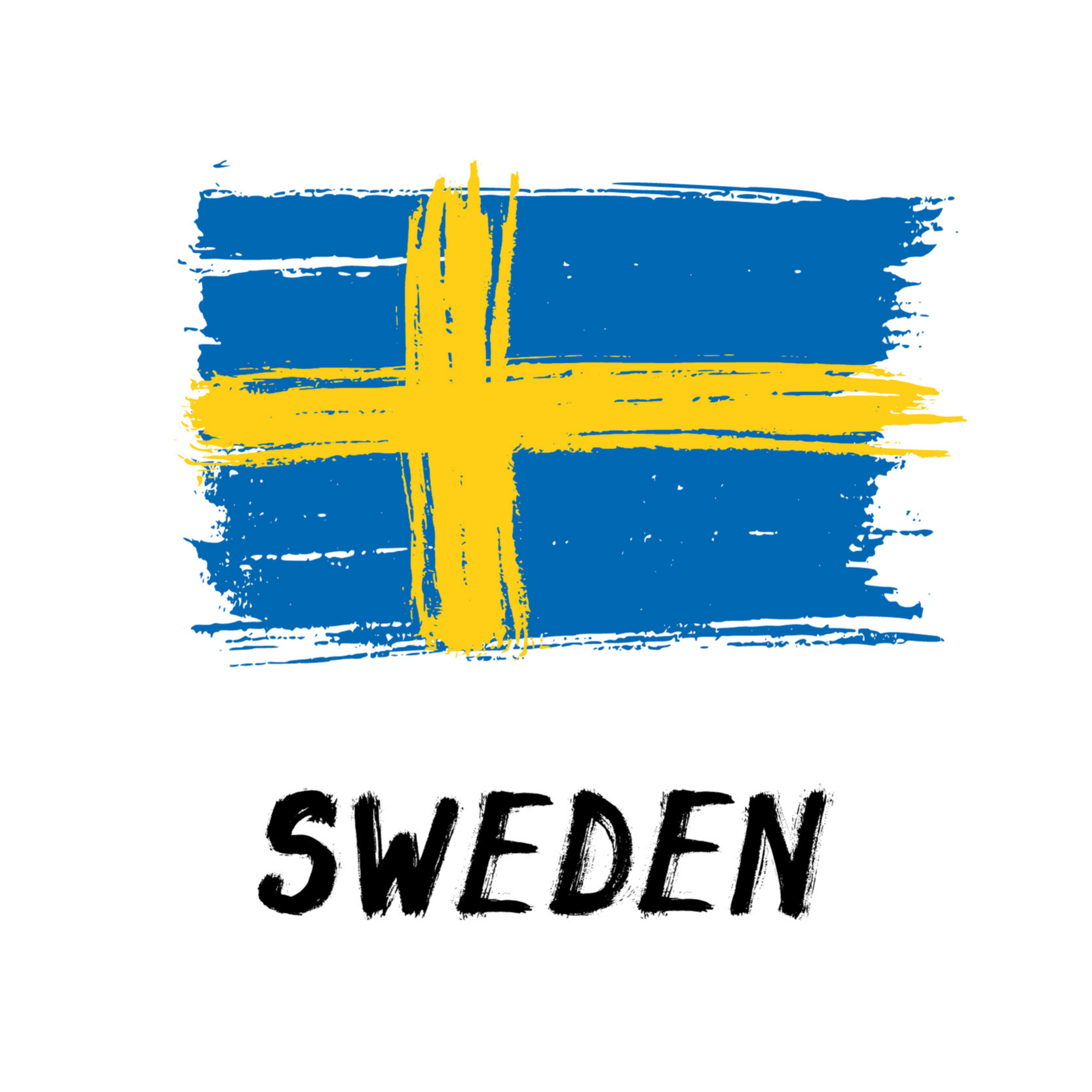Sweden finally has a regulated online gambling sector that is not a monopoly. There are 30 operators licensed to offer online gambling platforms to Swedish customers.
The official launch for this sector was January 1, and there are a lot of big plans ahead. Many are hoping that this opening up of the gambling sector in Sweden will serve as an example for the other European countries that still have strict monopolies.
Historically restrictive gambling sector
Sweden traditionally has been restrictive in its gambling policies. In 1934, there were many instances of illegal gambling operators. As a result, the government set up its own private bookmakers, who were under strict regulations to ward off illegal gambling.
Gambling was nationalized in 1943, and in 1997 it joined forces with a lottery company to form Svenska Spel. Online poker began in 2005. Despite the expansion of gambling, there was a state monopoly.
As online gambling became more and more prominent, the Swedish authorities began to realize that changes would need to be made. There were many ways in which offshore online platforms were targeting Swedish customers with no consequences from the authorities. Therefore, the authorities finally decided to open up the gambling sector in the country and offer licenses to these offshore companies.
New changes
You only have to be 18 years old to use online gambling platforms, but you do need to be at least 20 years old if you wish to play at one of the four casinos in Sweden. With negative growth for Svenska Spel in 2017, it is good timing for offshore companies to enter the regulated market.
There are now three different segments in the sector. The competitive sector will be for online gambling and sports betting. The gambling for public interests will look after bingo and lotteries. Finally, the state will still control the slot machines and physical casino sector.
Measures are in place for those who obtain licenses. They need to closely track the activity of players to help ward off problem gambling, and they have to enforce policies to prevent problem gamblers from having access to their platforms.
Bonuses and free bets can be given only to new customers. Existing customers are not able to receive regular free bets and bonuses. The ban on gambling companies advertising their services is now gone.
New licenses
More than 70 companies sent in license applications. More than 30 of them have been approved and the other applications are pending. It was only in June 2018 that the decision to open up the market in time for the start of 2019 was made. Therefore, many expect there will be some teething problems in the beginning. The authorities will need to do a lot of learning.
Many of those who got a license are now operating in Sweden. This includes GVC Holdings who have their PartyPoker and bwin brands up and running. The bwin offering will focus on live and pre-game sports betting in addition to some casino game offerings. The PartyPoker platform will mainly focus on the poker offering.
Microgaming also has a heavy presence in the region, working alongside ComeOn, Betsson, Unibet, LeoVegas, Bet365, and PokerStars.
Still some opposition
Some parties still oppose these expansionary policies. The governing body for football in the country, Svenska Fotbollforbundet, for example, is legally challenging the issuance of new sports betting licenses.
They do not want the operator to be able to offer prop bets on certain events not directly related to the results of the match, such as the number of corner kicks or yellow cards in a game. They also want restrictions for the lower divisions of football in the country.
Traditionally, the issue with match-fixing and the likes usually involves the team in lower divisions. This is because those involved in these games are not paid as well as those at the higher levels and fewer people watch these games, making it easier to pull off something nefarious. This will certainly be an interesting case to watch going into the future.




